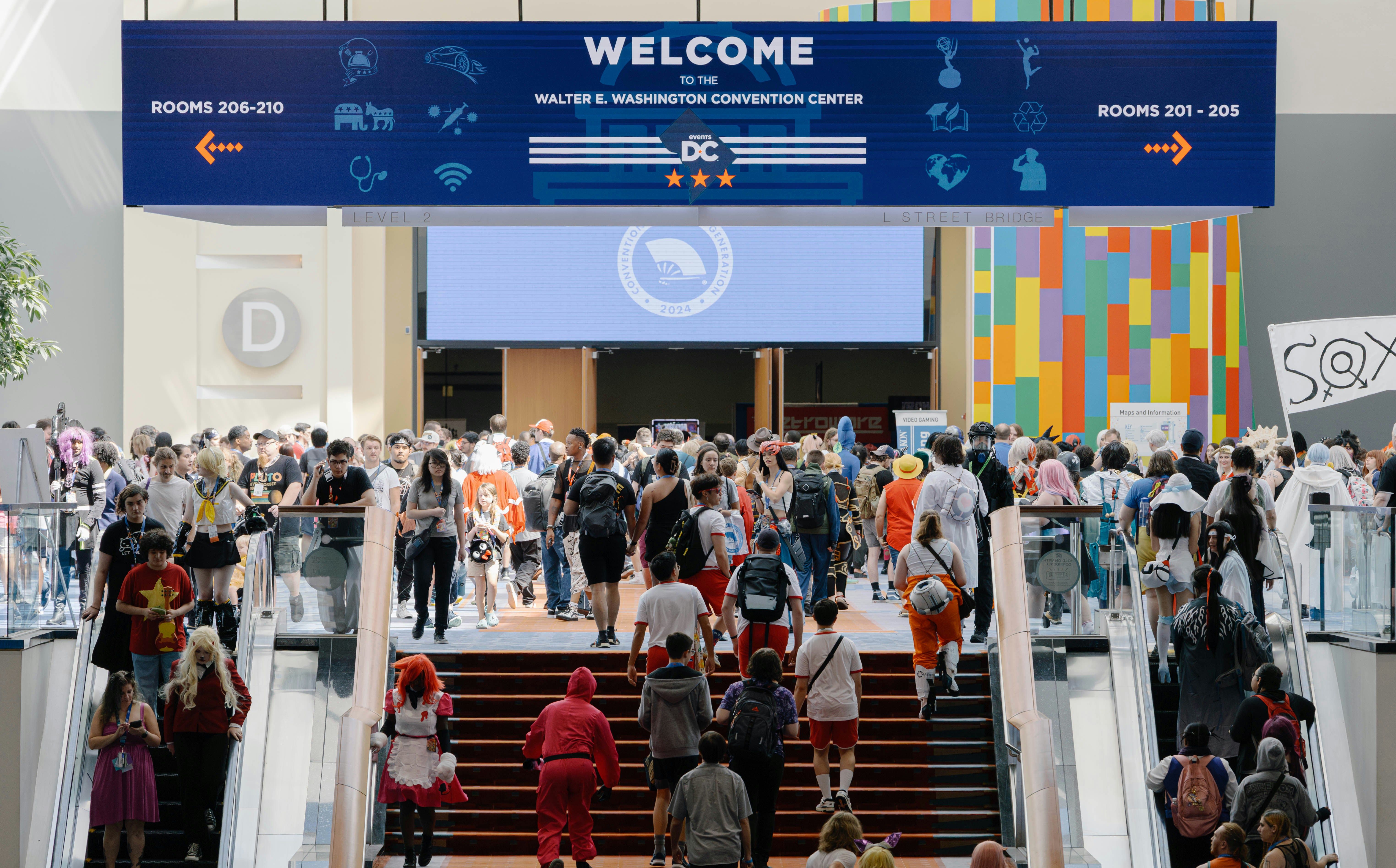Beware of These 5 Hidden Hotel Fees

Skift Take
It seems like everywhere you turn at a hotel these days, you come face to face with a fee: a resort fee for using the Wi-fi and health club, a fee for putting notebooks in the meeting room (or even tablecloths on the tables) and, when it’s all over, an administrative fee for processing your credit card.
Many of these fees are buried deep in the contract or on the hotel web site. To say they add up is an understatement, said Bonni Scepkowski, president/chief strategy officer at Stellar Meetings and Events. “Your bottom line can be decimated in the neighborhood of 30 to 40% or more.”
Some of the more basic fees – such as keying fees for the meeting office or storage room, early check-in and late check-out fees, room drop fees, or letter distribution fees at check-in – can be avoided if you negotiate a clause at the contract stage. But you need to speak up early.
Here are 5 of the most common fees and negotiation tactics for each:
1. AV Fees
Exclusive in-house AV services can leave you in a tight spot. One meeting of just 8 people was charged $3,500 for a TV and power drop.
What can you do? One strategy is to negotiate bringing in an outside firm for meetings under a certain size (20 attendees, for example). If you choose one that is based locally (the local convention and visitors bureau will have a list of vendors), you can avoid having to pay for travel and hotel. Or search for a venue that has AV purpose-built into its smaller conference rooms.
2. Parking Fees
According to ResortFeeChecker.com, the average hotel parking fee has climbed to $44 a night, since many hotels are now outsourcing their ancillary functions. At the contracting stage, try to negotiate a set number of complimentary parking passes for your VIPs and staff.
3. Destination Fees
Urban hotels now have their own version of the resort fee, which can sometimes cost $10-$25/night. One hotel’s "All Access Pass" consists of access to the business center, Wi-Fi, bottled water, the in-room fridge/microwave and lobby bicycles – all of which (except the Wi-Fi) used to be free.
Just like standard resort fees, it’s in your power to ask that they be reduced or eliminated up front. One strategy is to break down the elements of the resort fee: If it includes access to the fitness center, for example, negotiate a lower fee and have attendees add their workout expenses to their incidental costs. If you have a history of your attendees’ meeting spend from previous events, use that as leverage.
4. F&B Service Charges
Scepkowski found these fees buried in 8-point type at the bottom of the last page of a menu: a 17% gratuity, 12% taxable administrative fee, 7% tax and 8% event fee. “That’s three different ways to say ‘service charge,’” she said. “And it’s taxable at 7%.” Point out the small print and ask that they reduce the total.
5. Room Setup Fees
Some hotels have added a per-person charge for items that used to be included, such as notebooks on the table. One planner reported receiving a $500 fee from the hotel for renting out its own napkins and décor.
Be sure to discuss if there are any fees for your decor or furniture requests up front; you might think the hotel is lending you extra soft seating when it is planning to charge you.





